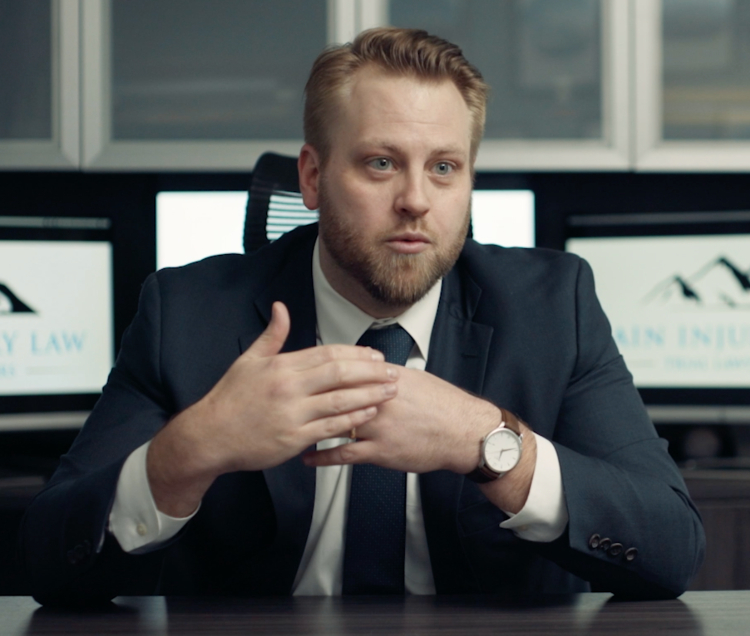
You may have heard of planned obsolescence before but didn’t understand what it meant. It is a term used to refer to when a manufacturer or designer of a product creates something that has a limited lifespan. That means that when the lifespan ends, the user should then upgrade to something more modern and usually expensive.
As an example, a lot of electronics manufacturers, especially of phones, create certain products that become obsolete after some time. In some cases, the product may break down or become slower pushing the consumer to upgrade. The reasons for creating such products are usually to benefit the manufacturer since it guarantees them more market for new products.
If you have a product that is malfunctioning or one that may have caused you harm, then you can file a suit. Any significant injury, loss or damage that is caused by a product due to negligence or obsolescence planning is illegal. Contact a product liability lawyer to find out what legal options you have.
What Is The Problem with Planned Obsolescence According to Georgia Product, Liability Lawyer?
One of the most significant issues with this planned practice is that consumers end up using up a lot of money replacing things that should serve them for long. The manufacturers know that you won’t buy something new if the old one works. That is why they employ this practice to ensure that the new products that they are producing have a market.
Given that a lot of the products that have this practice going on are electronics there is a big problem with electronic waste. Many of these companies make products that don’t last but do not come up with a safe and efficient way of disposing of them. As a result, they end up in the ocean which of course leads to various environmental issues.
Another issue that this brings is that once consumers realize that a company is into planned obsolescence, they may stop buying from them. That can lead to the failure of a lot of companies which equals loss of jobs and revenue for the government.
Is Obsolescence Planning Legal?
The practice isn’t illegal since it is quite difficult for one to prove that a company planned to make defective products. However, any manufacturer must deliver quality products to its consumers.
Any product that the manufacturer releases into the market should be in perfect working condition. However, this is not always the case since manufacturers know that if something works perfectly for years, people would want to buy more or even upgrade. As a result, they do planned obsolescence.
The biggest loser in this practice is the consumer since it means that he will have to buy more of the same product within a short period. No particular law in the US protects against planned obsolescence. The problem is proving that your claims have merit to sue the company.
However, an experienced lawyer can help you if the product harms you or causes significant loss to you. From there, he can gather adequate evidence that will allow you to go to court. You will need a great product liability attorney for this to work.
Could You Sue for Planned Obsolescence?
No, you cannot directly sue a company for planned obsolescence since there is no law against it. Even if there were a law against it, proving it in court would be a problem. However, you still have the option of suing for product liability.
For example, if the product completely breaks down before the warranty period is over, then you can sue. If a product is defective and it causes you harm, then you have grounds to sue the manufacturer. In such cases, it will be easier to prove negligence, and you can get compensation for it.
Get in Touch With Lawrenceville Product Liability Attorney for Help
While manufacturers have the right to release new products when they see fit, they must release quality goods. If what you bought is defective, you can sue for compensation. Call us at Cain Injury Law for a consultation and let us advise you on what to do. We have an experienced team that will ensure you get the desired outcome.

Clayton Cain approaches each case with a mindset similar to one that earned him recognition as a collegiate All-American, on the baseball field and in the classroom. with Preparation, Persistence, and Production.









 Site by Consultwebs.com: Personal Injury Law Firm Website Designers/Lawyer Marketing.
Site by Consultwebs.com: Personal Injury Law Firm Website Designers/Lawyer Marketing.